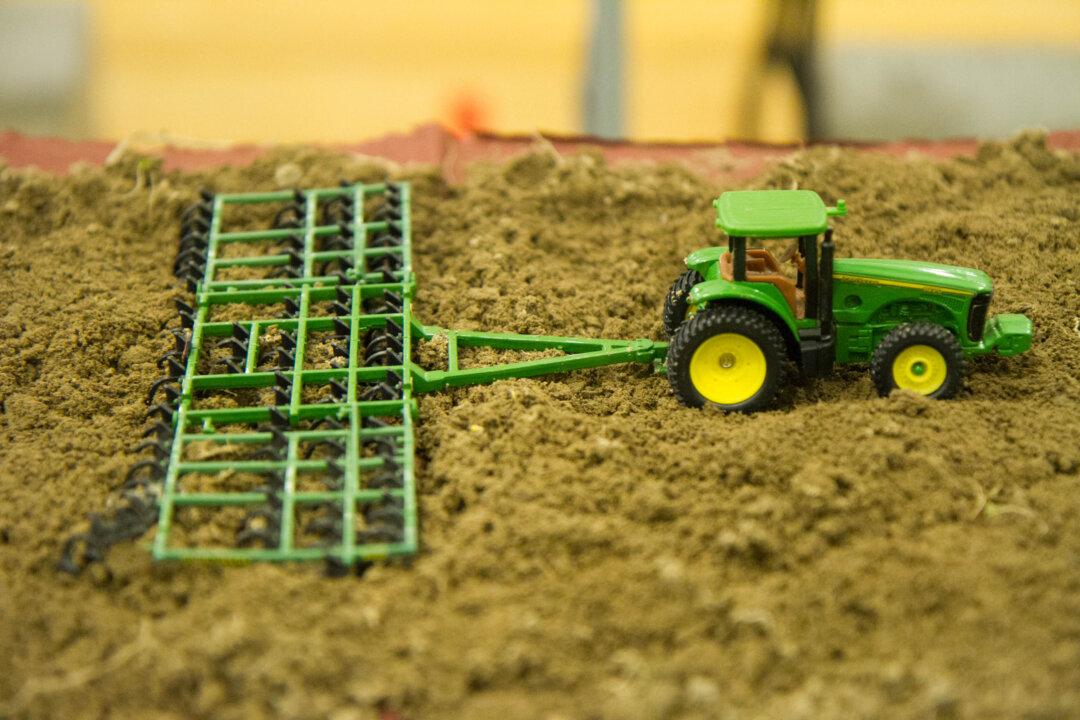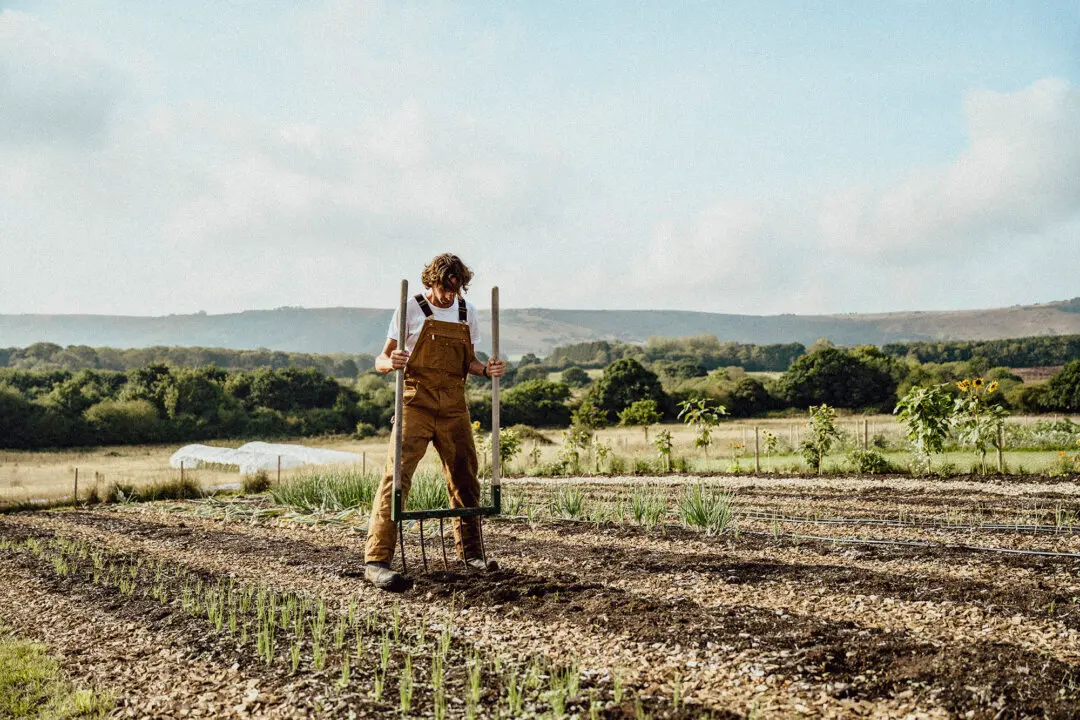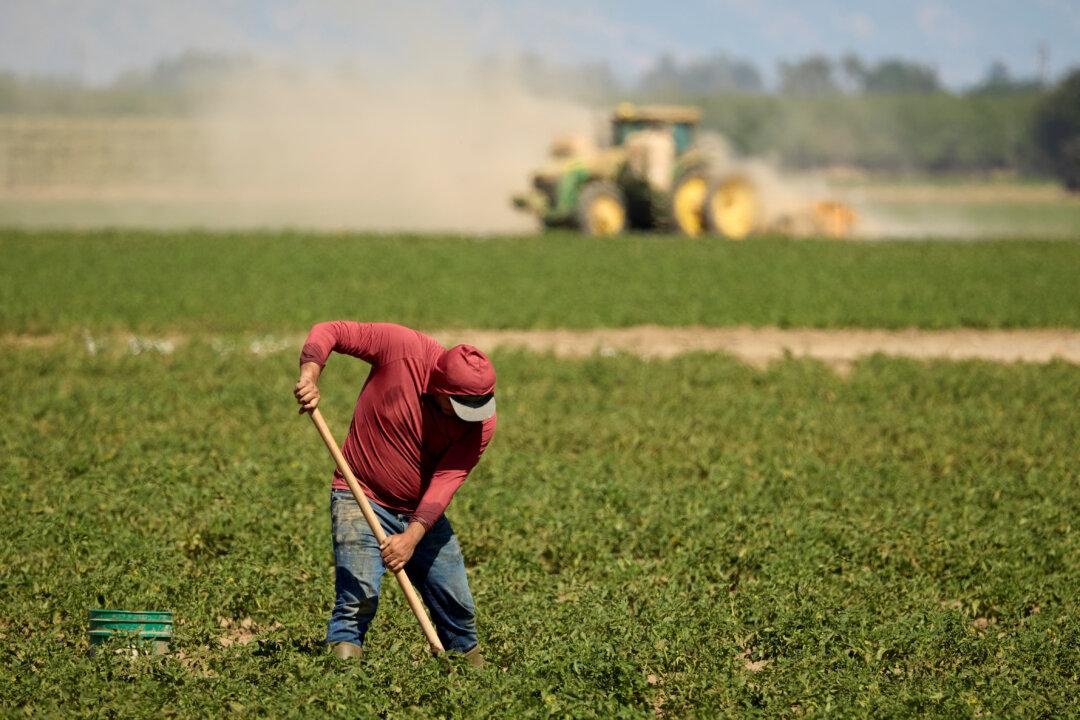Commentary
The other day, I reposted a video of my husband working alongside our children. In it, my 8-year-old daughter was driving a Caterpillar 416 while my 10-year-old son maneuvered a John Deere Skid Steer, augering holes for a new greenhouse. To me, it was an ordinary moment of family life on the farm. To the internet, apparently, it was shocking.





